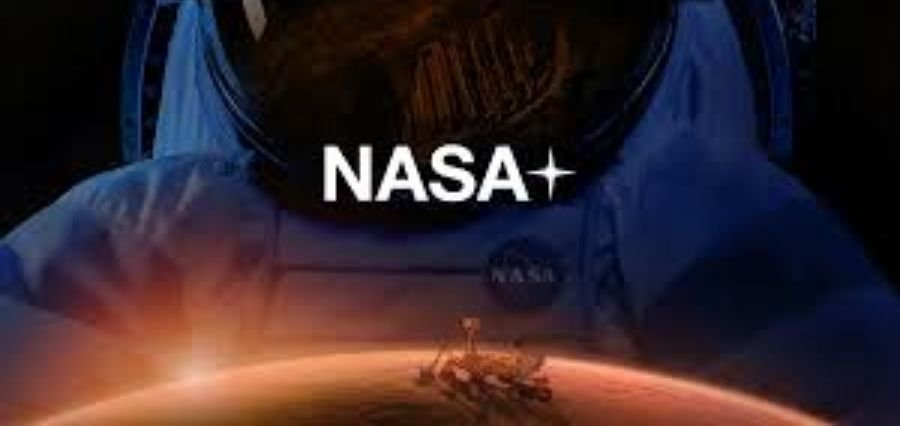In a time of fast-paced digital change, interconnectedness, and industrial transformation, knowledge is more important than ever. Starting 2025, it’s no longer about information availability; it’s about someone doing something with the knowledge to change lives, communities, and the future of learning. Amidst a world of plenty of content and many stories, depth, relevance, and application of knowledge make people and organizations stand out.
Fundamentally, knowledge is greater than data or facts—it’s the insight that sparks innovation, decision-making, and advancement. In 2025, when artificial intelligence, virtual reality, and blockchain reshape industries, the need for profound, pertinent learning is growing. This’s not diplomas or degrees. It’s about developing a mindset that values that knowledge applies to every decision, every conversation, and every pursuit of advancement.
Why Knowledge Is Important to Contemporary Education Systems
Nowadays, education is changing. Schools have changed their practices. They no longer teach children in simple blind rote memory or about conventional testing. Critical thinking, real-life problem-solving, and interdisciplinary are where the focus today lies. Right from a young age, through to into the working world, the emphasis is on how well students can integrate and use what they know—because in an increasingly dynamic world, that’s all that really matters. And knowledge is valuable every step of the way.
The work environment is also transforming as quickly. The employers of today are seeking employees who are not only capable but educated, adaptable, and curious. They seek candidates who embrace learning as a process for life and understand that staying ahead is more than expertise. It is a question of educated consciousness. Knowledge then becomes vital for career development, innovation, and responsiveness in such a climate.
Digital Learning Tools and Why Knowledge Matters
This transformation also forces us to re-examine the way we employ digital tools and technology. EdTech websites, online classrooms, and AI teachers are wonderful things, but they release their complete potential only when they are powered by human mind. With the world’s information at their fingertips, students are beginning to see that what they do know—and how they use it—can create their own path. This is a blunt reminder, to say the least, that knowledge is worth not just in stockpiling, but in interpretation and application.
Global Problem-Solving Starts Where Knowledge Counts
Besides, in 2025, our universal challenges—climate change to economic inequalities—require more than passion. They require action from knowledge. When citizens and leaders act from knowledge, the results are significant and enduring. Movements are no longer fueled by passion but by evidence-based action and knowledge-based conversation. In shaping the future of our world and our people, knowledge is more critical than ever.
Educational Policies Cement That Knowledge Matters
This change is observed in how schools and governments are revamping pedagogy and policy. The new curriculum stresses collaboration, creativity, and critical thinking, a knowledge-aint-enough understanding. It is the potential of questioning, analysis, and application of the knowledge that is the actual game changer. All the large-scale international efforts at educational reform today are actually based on the claim that knowledge does matter as a principle of democratic engagement and world citizenship.
Learner Autonomy Demonstrates That Knowledge Does Matter
Learner’s autonomy is one of the biggest components of this knowledge revolution. Learners and practitioners are adopting self-directed learning. Open online courses, micro-credentials, and podcasts are helping people acquire the skill to learn at their own pace. The glue that holds it all together is a feeling of faith that knowledge does matter, particularly when it is sought with intention and foresight.
Misinformation Era Forges Forward That Knowledge Matters
While this, in turn, has resulted in a problem of misinformation, it has also made it increasingly difficult for humans to differentiate between reality and fiction. It introduced another layer of significance to the fact that knowledge is important. We require critical minds which can question, verify, and critique what they listen to. In news, science, or social matters, knowing minds are needed to ensure truth, balance, and advancement.
A Future Created by Those Who Know Knowledge Matters
In the coming decades, the following is certain: those who know that knowledge matters will create the future of innovation, learning, and leadership. They will create open, well-educated, and enabled communities. They will be the force of positive change with ideas and with action grounded in research.
In Conclusion: Knowledge Matters in Every Step Forward
Short of it is that where we are today in 2025, we must recognize that knowledge matters more than ever before. It’s not just a mental abstraction; it’s the foundation of progress, the antidote to misinformation, and the catalyst for a smarter and more empathetic world. As a human, teacher, and leader, it is not simply adequate for us to seek out knowledge; it is to make it relevant, shared, and applicable to the welfare of all—because that is where it can be brought to its maximum potential.
Read Also: Most Popular Women in 2025 Who Shaped Global Culture









